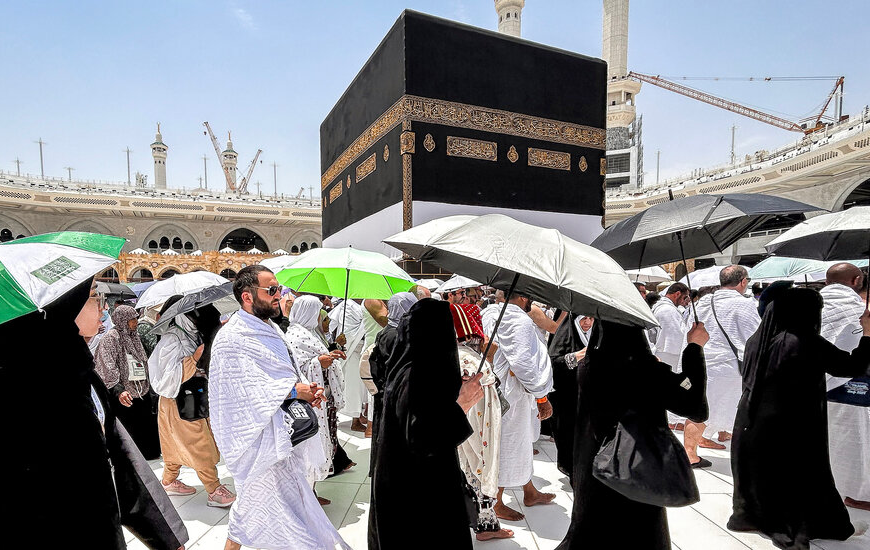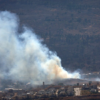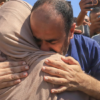The wealthy petrostates of the Persian Gulf have big plans for the future, hoping to increasingly attract tourists and investors, host marquee sporting events, build new cities and diversify their economies away from oil.
But they face a looming threat that they cannot easily buy their way out of: extreme and sometimes deadly heat that roasts their countries every summer, which climate change is expected to exacerbate in the coming decades.
Sweltering temperatures drive up energy demand, wear down infrastructure, endanger laborers and render even simple outdoor activities not only unpleasant, but potentially perilous. That all will impose a significant long-term tax on the vast ambitions of Gulf countries, experts say.
“We keep thinking we want to go bigger and larger, but we don’t think about the implications of climate change in the future,” said Aisha Al-Sarihi, a research fellow from Oman at the Middle East Institute at National University of Singapore. “If we keep expanding and expanding, it means we need more energy, more water and more electricity, especially for cooling. But there are limits, and we see those limits today.”
The threat of extreme heat became clear this week when Saudi Arabia announced that more than 1,300 people had died during the annual hajj pilgrimage in Mecca, including at least 11 Americans. Saudi officials said that most of those who perished had made the trip without permits that would have granted them access to heat protections, leaving them vulnerable to temperatures that at times exceeded 120 degrees.
The deaths raised questions about Saudi Arabia’s management of the event, which drew more than 1.8 million Muslims to the holy city of Mecca.







